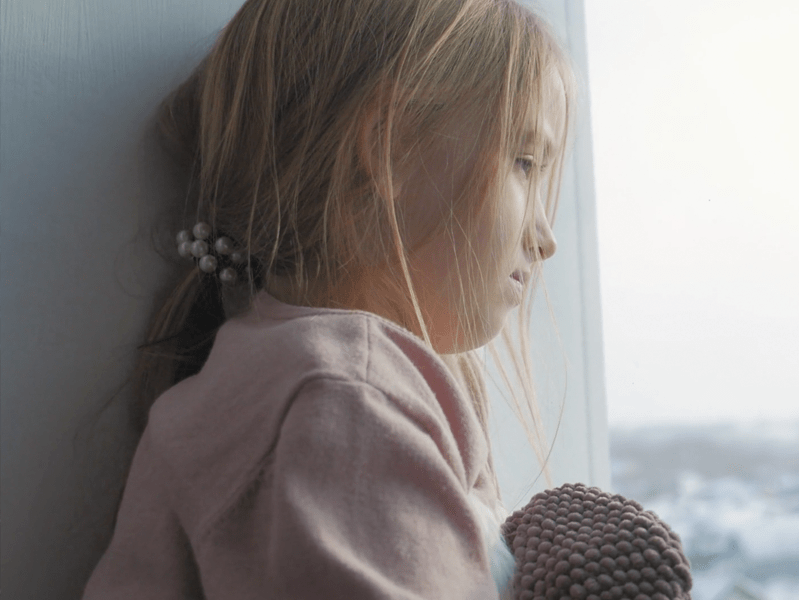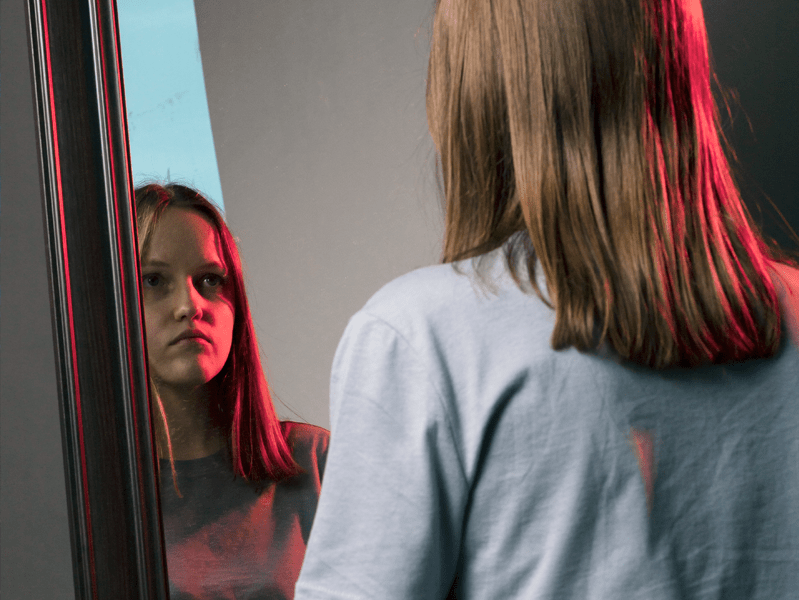Read the script below
Hello and welcome to Safeguarding Soundbites, the bite-sized podcast that brings you snapshots of the latest in online safeguarding news, as well as a weekly round-up from our online safety experts.
The recent Russian invasion of Ukraine has taken over media attention and national concern. It’s hard not to be filled with uncertainty and heartache every time you switch on the news or look at your phone. While we are all struggling to process this news, it is especially concerning for children and young people. To help you understand how this distressing news might be affecting the children in your care, you can find our guide on Talking to Your Child About the War in Ukraine in our online safety section at INEQE.com.
Do you want to have more supportive conversations with the children in your care about world events or local issues, but just aren’t sure where to begin? Our online safety experts have created a new shareable resource on Having Supportive Conversations. This will help you feel more confident and prepared for these discussions, whether they happen at home, in the car, or during the weekly Tesco shop! You can find this in our online safety section. Remember to share it with your friends and colleagues to encourage them with this important advice.
In the news this week,
YouTube announced that it is expanding its warnings on potentially offensive comments to desktop. The feature detects potentially offensive responses and gives users a chance to review and reconsider their comment before posting. It will also link users to why this comment would potentially break their community guidelines. This feature was first launched by YouTube on their mobile app in 2020, with the aim of encouraging respectful behaviour and protecting users on the platform.
The Guardian have reported schools and teachers across the UK are buckling under the strain of trying to support the growing number of school children developing mental health problems. Experts believe this struggle to help is a result of a widespread lack of training for educators in tackling mental ill-health, despite their position as vital support to students. Families are facing huge barriers in getting help for children and young people. It is reported that only one in four referrals out of the 500,000 sent to CAHMS every year are given help.
And finally, according to the BBC, new estimates from the Children’s Commissioner show that almost two million pupils are regularly missing school. The investigation followed concerns that some students did not fully return to school after the national lockdowns, missing at least 10% of school in the autumn term. This rate is twice as high as pre-pandemic numbers. A loss of social and academic confidence is cited amongst possible reasons for the disruption.
That’s all for this week! If you enjoyed this week’s Safeguarding Soundbites, why not share it with your friends, family and colleagues to help make everyone’s world a little safer. We’ll be back next week. In the meantime, stay up to date on the latest in safeguarding news through our website – ineqe.com.
Thanks for listening, and stay safe.
Join our Online Safeguarding Hub Newsletter Network
Members of our network receive weekly updates on the trends, risks and threats to children and young people online.
Video: Pause, Think and Plan
Last Week’s Safeguarding Soundbite
Catch up on all the Safeguarding news you may have missed!








